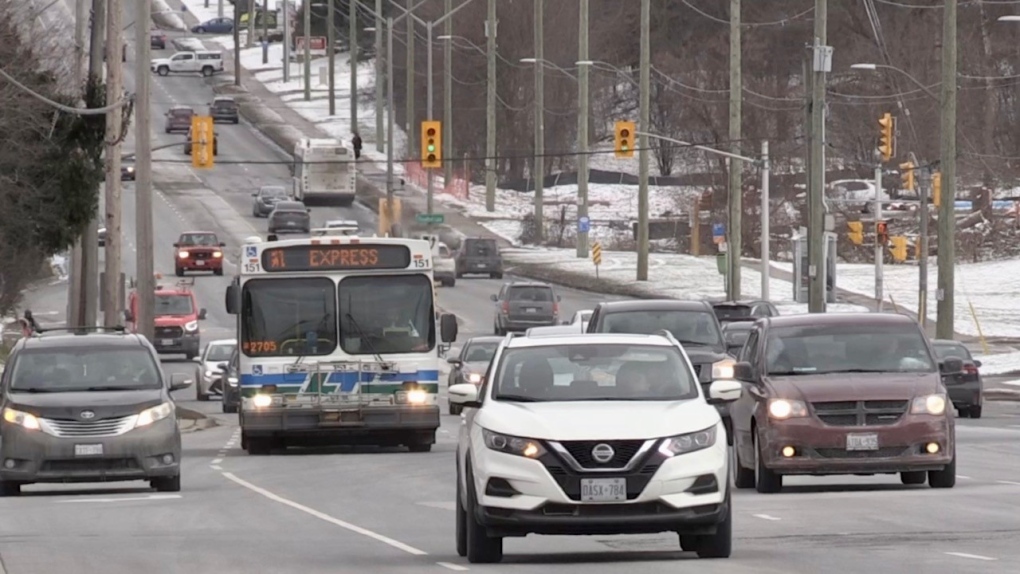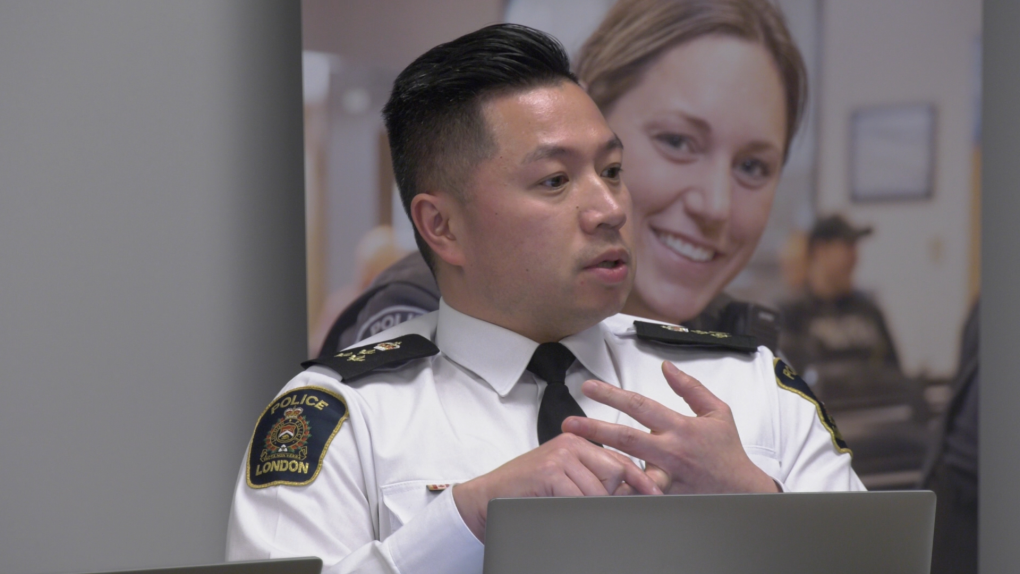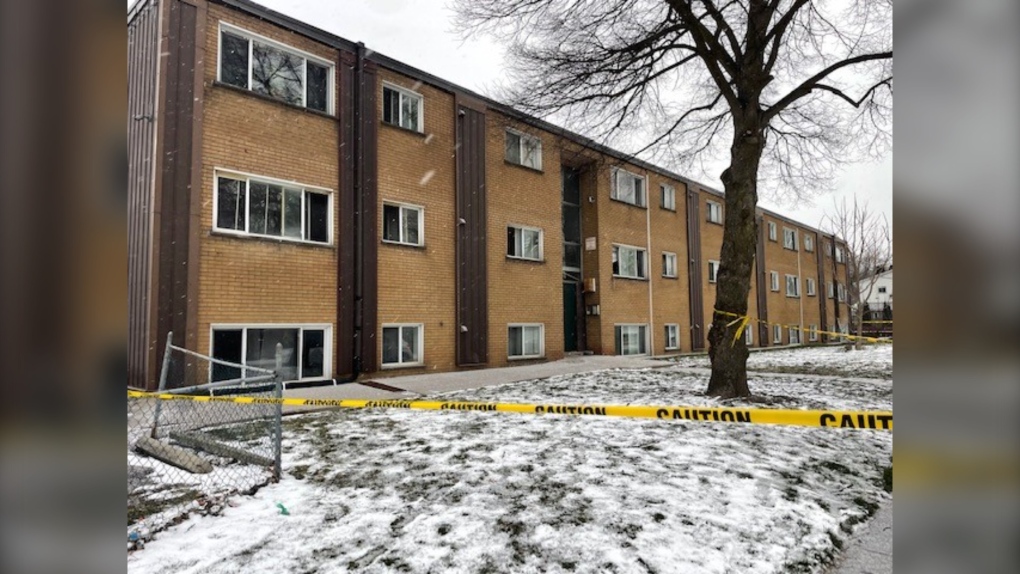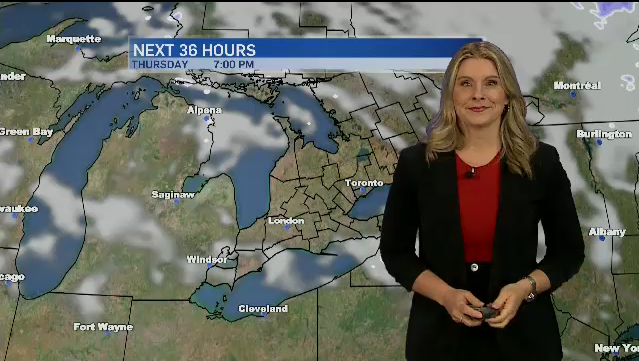The emergence of the Omicron variant is causing concern around the world, not least because it is thought to be highly transmissible and because the 32 mutations of its spike protein suggest it might be able to resist current vaccines.
The UK has recorded 246,780 confirmed cases of the strain so far and at least 75 deaths, prompting ongoing fears that more severe social restrictions could soon be imposed on the British public.
Although many scientists believe the new variant is milder than previous mutations, it remains unclear how many of the record number of people infected will end up in hospital, severely ill or dying.
Prior to Christmas, prime minister Boris Johnson said that no further restrictions would be introduced ahead of the holiday, explaining that “that people could go ahead with their plans”, a decision that allowed him to avoid a repeat of his notorious address of 19 December 2020, when he reluctantly imposed tough new measures at the last minute and dashed the festive hopes of millions.
Since then, the UK has continued to experience extremely high levels of Covid infections across the festive period, with total daily cases in England rocketing to a pandemic high of 218,724 on 4 January, according to the UK Health Security Agency.
But the government has so far stuck to its guns and refused to impose further Covid restrictions in England for now, with Mr Johnson insisting on Monday that the current “Plan B” restrictions in place remained the “right” course of action, adding: “The way forward for the country as a whole is to continue with the path that we’re on.
“We’ll keep everything on the review course we keep all measures under review, but the mixture of things that we’re doing at the moment is I think, the right one.”
That stance was supported by vaccines minister Maggie Throup the following morning, who told Sky News: “Plan B is working, as you can see from the number of hospitalisations – it’s far, far fewer than this time last year… It’s important that we follow the data.”
The PM reiterated his hope that Britain would be able to “ride out” the assault from Omicron without further measures in a press conference from Downing Street on Tuesday evening, despite no fewer than 24 NHS trusts reporting “critical incidents” of staff shortages.
In Scotland, however, Nicola Sturgeon announced fresh restrictions on sporting events and large gatherings and cancelled Edinburgh’s annual Hogmanay street party prior to Christmas, having already asked Scots to keep household mixing to a minimum.
Wales and Northern Ireland also imposed new curbs, closing nightclubs and limiting hospitality to the rule of six and returning to table service only.
‘Rule nothing out’
In his video message from Downing Street on 21 December when he said the holiday season would be allowed to proceed unchecked, Mr Johnson said: “We can’t rule out any further measures after Christmas – and we’re going to keep a constant eye on the data, and we’ll do whatever it takes to protect public health.”
He said ministers were monitoring the data “hour by hour” and that the arguments for taking further action were “very, very finely balanced”.
“Unfortunately I must say to people that we will have to reserve the possibility of taking further action to protect the public, to protect public health, to protect our NHS,” he added.
“We are looking at all kinds of things to keep Omicron under control and we will rule nothing out.”
The prime minister is understood to have been waiting for more data on the variant to become available before he made a decision, a stance that saw him accused of “dithering” by scientists and his political opponents.
By contrast, London mayor Sadiq Khan had been decisive when he declared a major incident over the extent of the outbreak in the capital on 18 December, while NHS England announced a return to its highest level of emergency preparedness, level four national incident, meaning that the health service’s response will be coordinated as a national effort, rather than led by individual trusts.
Chief scientific officer Sir Patrick Vallance is said to have led the call for fresh measures to drive down infection rates and ease the pressure on the NHS, but these have so far been resisted by senior Cabinet ministers loath to further jeopardise the economy and constrain individual freedom without more data to justify it.
Sir Patrick’s fellow advisers have been equally outspoken, with Professor Stephen Reicher, a member of the government’s Scientific Advisory Group for Emergencies (Sage), warning that Omicron is “coming at us like an express train” and insisting that the government must give the public a “good, clear message” about how “serious the crisis is”.
Plan C?
The prospect of introducing a two-week circuit-breaker lockdown has been mooted – and appears to be broadly popular with the public – with plans made available to ministers for consideration and apparently including a ban on meeting others indoors except for work purposes and limiting pubs and restaurants to outdoor service only.
But it is clear the PM hopes the take up of booster vaccines, along with the partial “Plan B” restrictions recently introduced, will be enough to see off the threat.
As part of those measures, Britons are currently again being ordered to wear face masks in shops, cinemas, theatres and places of worship and on public transport and to work from home order where possible.
The government has further revised its approach to vaccine booster jabs, planning to make them available to all over-18s by the end of December and halving the amount of time between second and third injections from six months to three, all in the hope of staving off the feared “tidal wave” of infections we are already beginning to see.
According to official data, almost 34.6m people have received a booster jab to date.
Some form of “Plan C” – a circuit-breaker, or tighter restrictions – could be necessary if Omicron starts to disrupt the NHS but there is clearly little political appetite for a fourth national lockdown.
But Sage advisers remain unambiguous in calling for stricter curbs, with the influential Professor Neil Ferguson of Imperial College London openly entertaining the possibility for several weeks.
The bigger picture
Even before Omicron began to cast its sinister shadow across the globe, many Britons were already glancing anxiously towards the continent as Austria and the Netherlands reintroduced lockdowns in response to spiking cases of Covid-19.
The World Health Organisation (WHO) had said it was “very worried” about the spread in Europe and warned 700,000 more deaths could be recorded by March unless urgent action is taken, bringing the total to 2.2 million since the pandemic began.
Omicron variant shows just how ‘perilous’ Covid situation is, WHO says
Prior to the latest worrying developments sparked by Omicron, Mr Johnson’s government had been deeply reluctant to reimpose restrictions at all, despite consistently high case numbers.
While the vaccines have consistently kept death rates low since the spring, infection levels have remained consistently high, typically hovering around the 40,000-per-day mark but in recent days have been more than double that.
Mr Johnson may also be concerned that further restrictions might lead to social disorder, having seen anti-lockdown protests – some of them violent – erupt in Austria, the Netherlands, Belgium, Switzerland, Denmark, Italy and Croatia.
Londoners were certainly unhappy about the initial return of the mask mandate, accusing the PM of hypocrisy for declining to wear one himself at several public engagements.
However, in other quarters, there appeared to be a clear appetite for new restrictions even before Omicron, at least according to the polls.
A survey by Savanta ComRes revealed that 45 per cent of adults would be in favour of a selective lockdown targeting only those who had declined to get their Covid jabs and therefore could pose an ongoing risk to others.
But, until Omicron threw a fresh spanner into the works, there was a credible case for believing that the UK was in such a strong position that it could avoid the worst of the outbreak marauding across Europe.
Although Britain’s infection rate has remained high for months, it has also been highly stable until recently, lingering at a seven-day average of around 600 daily cases per million people, whereas Austria and the Netherlands have suddenly spiked to 1,500 and 1,250 respectively from well below that starting point since the beginning of October.
Part of the reason for this is that the UK was hit by the more infectious Alpha and Delta variants of the coronavirus sooner and was therefore able to tackle them ahead of its European neighbours and unlock earlier.
https://www.independent.co.uk/news/health/lockdown-uk-2022-january-covid-b1987828.html




